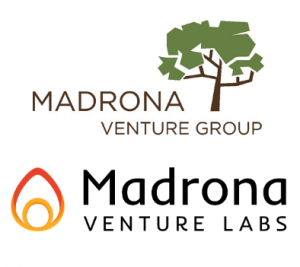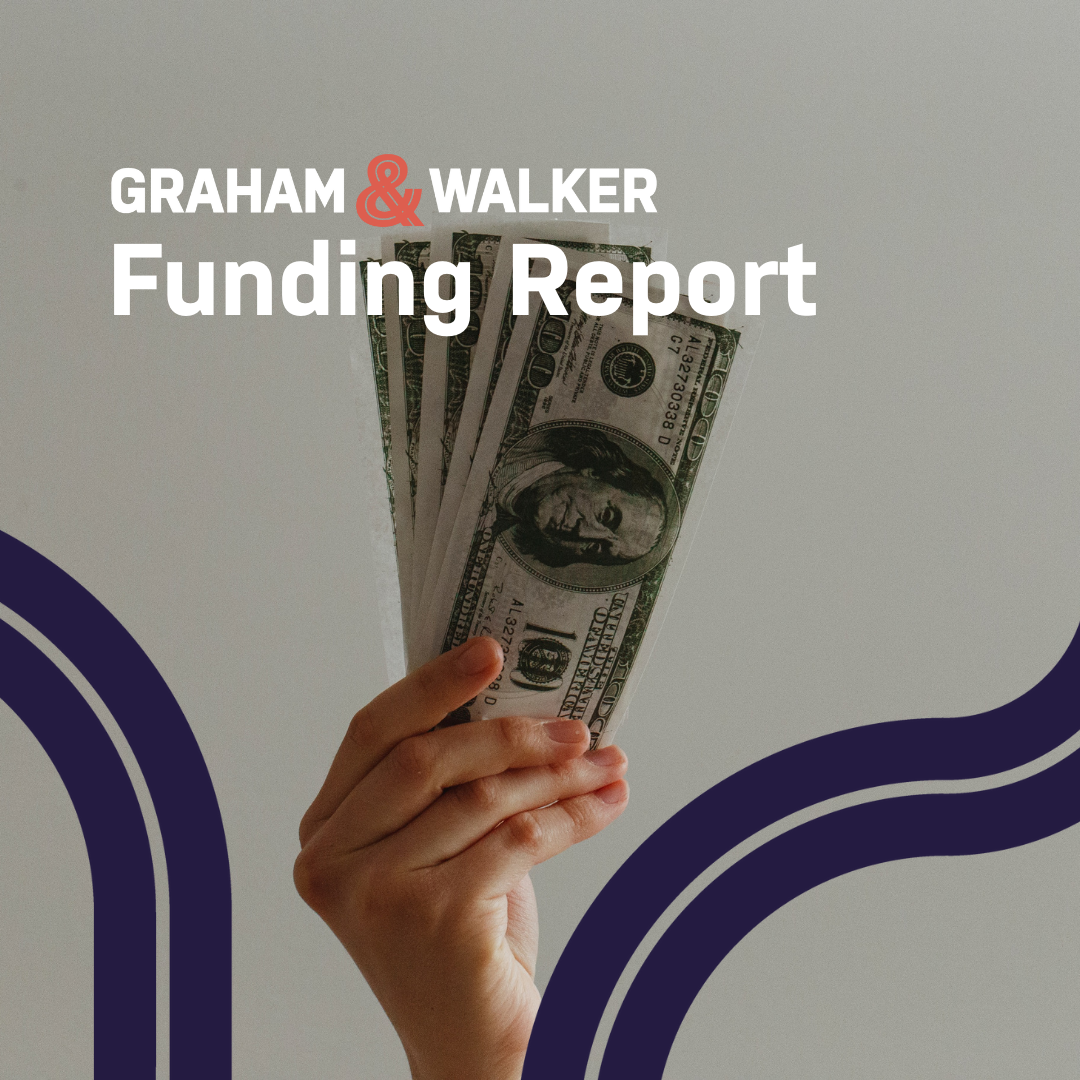This edition of “Ask the Expert” is brought to you by Madrona Venture Group & Madrona Venture Labs. We polled the FFA community, gathering the most pressing questions to put in front of a VC expert from Madrona: Tim Porter, Managing Director. His answers are below.

Madrona Venture Labs is Madrona Venture Group’s incubation program, partnering with founders as co-builders, advisors, and their first investors. They represent an integral part in Madrona’s continuum of Day One for the long-run commitment to founders, with the core fund there to help you go the distance. Madrona specializes in investing in seed and early-stage companies that leverage technology to create or disrupt huge markets. Madrona has a 25 year history of supporting Seattle founders and has $1.6 billion under management.
Q: What advice do you have for founders who need to fundraise in this environment?
Unless you are already fairly deep in a fundraising process, founders should be much more focused on how they can extend cash runway without completing a new fundraise. Founders should immediately scrutinize non-essential spending, reduce or (likely) completely freeze hiring, re-allocate sales and marketing expenses away from in-person activities to digital, consider the impact on your lead generation and top line revenue and run sensitivity scenarios, and potentially put in place or consider drawing upon their debt lines. If your business has been directly (and severely) hit by the COVID-19 crisis, immediate lay-offs — while incredibly emotional and painful — might be required. At Madrona, we have lived through multiple major downturns, and it is always true that founders that take quick and decisive action to preserve and extend capital are those that survive and thrive.
Hopefully you have already completed this set of activities. If not, take them on immediately, and get your house in order, so to speak. Now what next? Go sell! Don’t let your team become frozen with analysis paralysis, have them focus entirely on acquiring leads, selling to new customers, and delighting and servicing the ones that you have. On the product and engineering side, what new features can you build or perfect during this slowdown that will – as one founder I work with described it – seize the gap! Cash efficiency and frugality combined with shrewd identification of market opportunities will create the winners that come out the other side of this downturn. But back to the original question … what if you MUST fundraise at some point during this downturn? While raising a new round of financing is not impossible in this environment, it certainly will be very difficult for the next 1-2 quarters at least. Target investors who know you and your story and perhaps have been following you for some time or have been active in and are knowledgeable about your market. Modulate your valuation expectations – it’s not clear the exact impact on valuations, but they are certainly lower than they were a month ago (the public markets are down over 30%). Consider raising less – what is your minimum viable round that could take you 18-24 additional months? A smaller check might be an easier risk for a new investor to take. Point out your unit economics and why your value proposition and capital efficiency set you up for success even in a potentially extended recession.
Q: Do you believe VCs are still actively engaging to learn about new founders? Or is everything on pause for 2-6 months?
Yes, VCs are definitely still actively engaging new founders. Madrona – as well as every VC I speak with – are “open for business.” However, they have also slowed down and are taking a wait-and-see approach with new investments. Everyone is feeling shell-shocked about the suddenness and depth of this crisis. VCs are spending most of their time working with existing portfolio companies and trying to help ensure that they survive. Firms are thinking through their reserves and timelines for raising their next fund. But we are also definitely eager to continue to meet with founders. Madrona’s best investments of all-time were made during the last downturn. We and other VCs want to find those special founders who are attacking large markets and have the conviction and resolve to do so even through difficult financial times. So, we are actively investing, but the pace of new investments will decrease and investors will be more selective.
One factor to keep in mind when approaching VCs is that you should be aware of how VCs run their business. We have to raise funds to keep investing – that’s a critical element for us to sustain our business. You should look for VCs who have a solid track record of raising funds or have recently raised a fund. Madrona is fortunate to have a strong track record and loyal group of limited partners across 7 funds and 25 years. We have been able to ensure we always have ample capital to invest in existing or new portfolio companies through both up and down cycles. You want to choose an investment partner who can support your company for the long run, from the initial investment now to future rounds after we get out of this downturn and the economy again begins to accelerate.
Q: What is different about the way you are evaluating new opportunities today than it was a month ago?
In addition to all the classic questions about team, market and product, we are certainly now considering an additional set of questions in more depth. To name several:
What if the company’s revenue forecast turns out to be wildly optimistic? There is always the typical “haircut” of management’s projection, but now there are questions like “what if revenue goes to zero for the next 2-3 quarters?”
In turn, what does this mean about necessary cash runway, amount that should be raised, and the ability for the company to raise the next round?
How cash efficient is the business model and how focused are the founders on this issue?
Are they addressing “durable” markets in an extended downturn? Do they actually have a tailwind in this market? Certainly markets like collaboration software, endpoint security, digital sales and marketing enablement, telemedicine, e-commerce, or anything related to cost efficiency arguably all have strong offerings for the environment.
Are the founders thinking about valuation based on the pre-COVID-19 environment or the new normal?
Is now the right time to invest in this company? If we don’t invest now how can we help this company to grow through other means? We try to help every company we meet with through connections, feedback and referrals.
Q: How do the economic circumstances covid-19 has precipitated compare to other economic downturns you have experienced?
I’ve been a venture investor at Madrona since 2006 and have worked in technology and start-ups since 1996. The best comparison I have to this situation was 9/11. That was the one downturn that was not precipitated by an underlying economic issue. Like 9/11, I feel (and I think most people agree) that this downturn will leave the world changed in indelible ways. However, this situation is far more global in its impact. I’m optimistic that we can and will “beat” this virus and that we will see a recovery; but no one knows how long this will take or how steep the recovery will be. The next several quarters will unquestionably be difficult. We are working to help founders prepare to survive and thrive for the long-term.

About Tim: Tim is focused on investing in B2B software companies in the Pacific Northwest. He currently is particularly interested in the areas of intelligent applications and SaaS, cloud native software, ML and data analytics, and security. He is a board member of numerous Madrona portfolio companies. Outside of work, Tim enjoys spending time with his wife and two children. He is a sports junkie and enjoys watching and playing basketball, despite having lost the step he never had.

